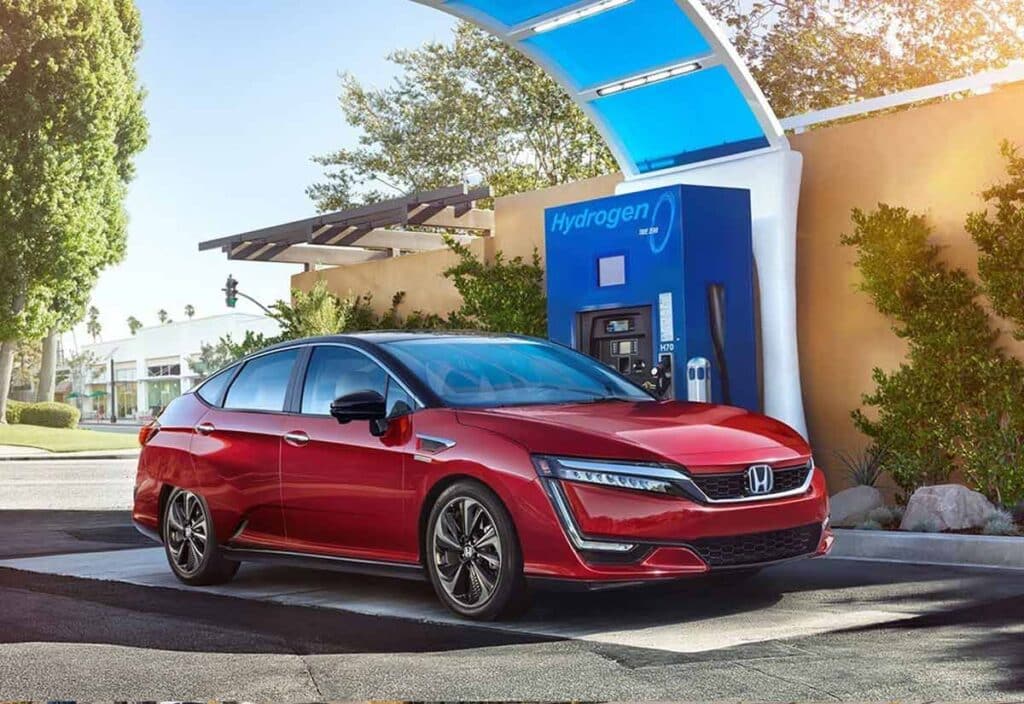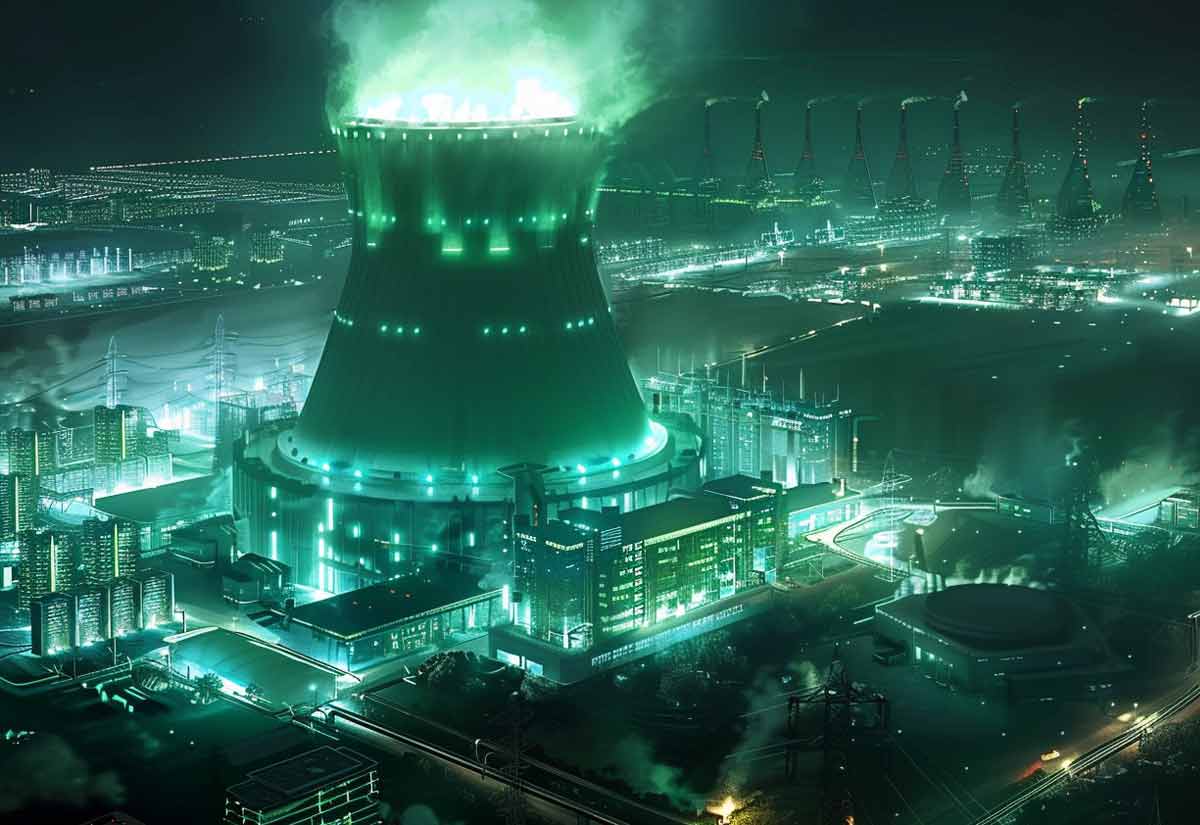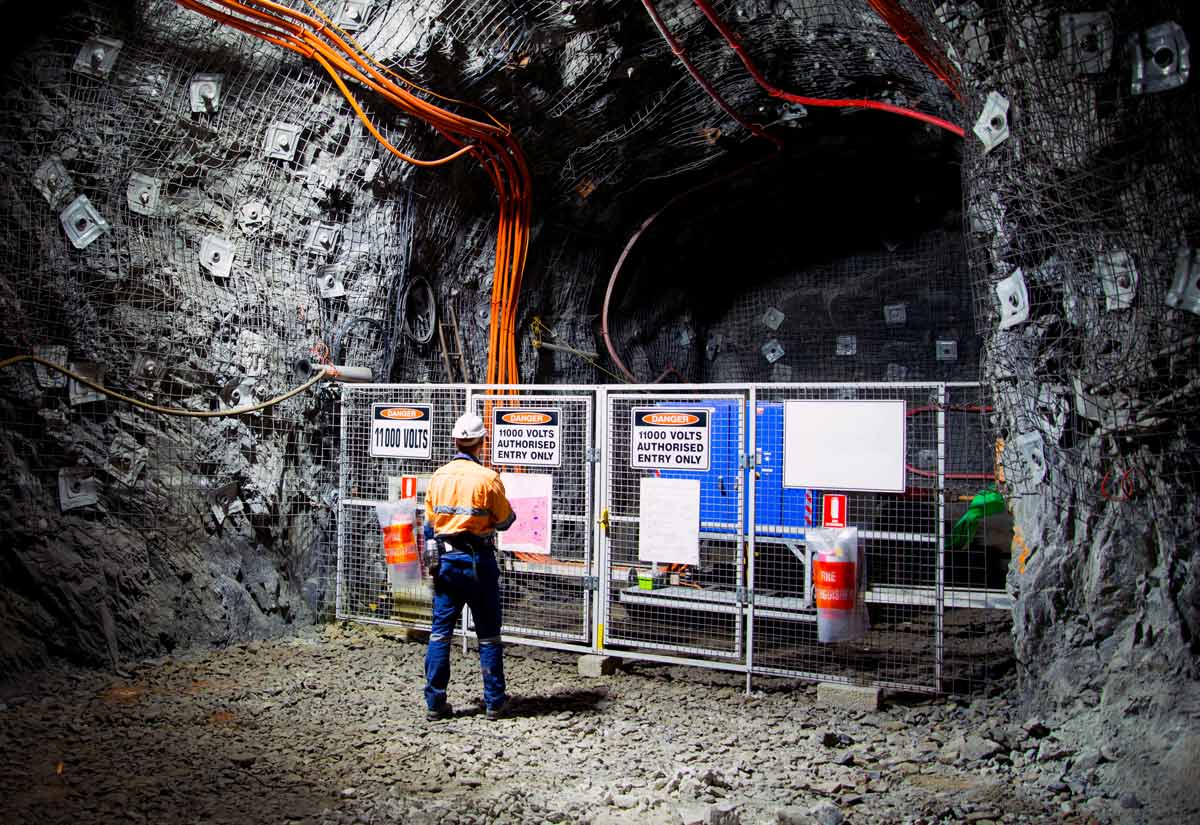Are FCEVs a practical “drop-in” technology for the Green Transition?
While the diesel sector powers up in 2023 with renewable biofuels and fuel-agnostic internal combustion horsepower, and new EV wheel loader production investments from industry leaders such as Volvo CE, the hydrogen sector isn’t far behind.
Some may even say that Fuel Cell Electric Vehicle technology is leaps and bounds ahead of other green energy alternatives such as the highly touted lithium-based electric vehicle, an influential “greenster” sector founded more on Tesla marketing than any of the original Tesla’s science.
While Musk the would-be “magnet magnate” attempted to lure mining’s most major players with big money carrots suspended on the approved politically correct green sticks, fuel cell technology advanced significantly.
China Leads the Hydrogen Charge
According to World Platinum Research “China is poised to become a leading market for platinum-using fuel cell electric vehicles (FCEVs), which provide zero-emission mobility”. While the motive that the world “so desperately needs hydrogen tech to help combat rampant climate change” is questionable, there’s no doubt that clean air and reduced emission pollution are mandatory in the notoriously smoggy nation of 1,453,856,323 people…and growing.
The best minds from China are leading the charge not only for green passenger vehicles, but for practical hydrogen applications for heavy industry. Promising R&D is already underway for cold starting PEMFC ( Proton Exchange Membrane Fuel Cell, aka Polymer Electrolyte Membrane Fuel Cell) vehicles so they can be deployed reliably in challenging industrial environments.
China has been steadily deploying hydrogen vehicles for both sectors. The first mass-produced passenger FCEV, the Changan Shenlan SL03 was launched in China in October of 2022. Heavy-duty FCEVs have already been deployed in significant numbers. In 2019, China had about seven-million heavy-duty hydrogen fuel cell trucks, or one-third of the world’s 20-million heavy-duty trucks. And by the end of 2020 a national fleet of 5,290 FCEV buses was in operation.
With a global population now approaching the 8 billion mark, the potential world population of energy consumers is projected to be well above 8.5 million by 2030. Heavy lithium battery dependent vehicles with tediously long recharging times can’t begin to approach the practical convenience of the 4-minute refueling times that are the standard for hydrogen and diesel powered, not to mention reliable gasoline vehicles that the world has grown to take for granted. It’s that more practical “drop-in” appeal of new technologies such as hydrogen fuel cells that both consumers and industry leaders go for.
Hydrogen is Far From Musk’s “Mind-bogglingly Stupid” Assessment
We’ll be the first to admit that there’s a lot to admire about Elon Musk. Just check out our blog archives on Elon, our favorite eclectic, eccentric, billionaire, engineer and entrepreneur. But his statement last year to a Chinese audience that alternative green hydrogen technology is “mind bogglingly stupid” isn’t Musk at his best, and definitely not one of his moments to be admired.
Musk’s cheap shot, especially in a global hydrogen industry where 10% of the market power is held by the very folks in China that he was addressing? Now that’s truly stupid, though considering Musk’s hefty investments in lithium mining interests, not exactly “mind-boggling”.
But don’t take our word for it. Here’s what Uncle Sam has to say about FCEVs and the energy storage infrastructure development it will take to support an FCEV fleet.
Here’s the Fuel Cell Electric Vehicle pitch in bullet list form from the Alternative Fuels Data Center at the US Department of Energy:
-
Fuel cell electric vehicles (FCEVs) are powered by hydrogen. They are more efficient than conventional internal combustion engine vehicles.
-
FCEVs produce no tailpipe emissions, they only emit water vapor and warm air.
-
FCEVs and the hydrogen infrastructure to fuel them are in the early stages of implementation.
-
The U.S. Department of Energy leads research efforts to make hydrogen-powered vehicles an affordable, environmentally friendly, and safe transportation option.
-
Hydrogen is considered an alternative fuel under the Energy Policy Act of 1992 and qualifies for alternative fuel vehicle tax credits.”
Hydrogen vs Lithium and “Range Anxiety”
When it comes to vehicles, private passengers and fleet managers alike are rightfully concerned about limited range, recharging, and life cycle limits. According to the informative article at Petro Online:
“ Unlike standard batteries that have a limited life, fuel cells continue to generate energy, so long as a feedstock is available. Of course, like all technologies they deteriorate over time. Most automotive hydrogen fuel cells systems are designed to last the lifetime of the car, usually around 250,000 to 350,000 kilometers.”
Hydrogen fuel cells, like diesel fuel, generally outperform lithium batteries in energy density as well. This is quite a significant advantage when it comes to range. Hydrogen fuel cells are also lighter and more compact than high-load lithium ion batteries.
The only objections from the greensters about hydrogen tech is that the fuel, the hydrogen feedstock, may not always be produced by electrolysis from solar power or a wind farm. The original source of the hydrogen can downgrade the environmental credentials of fuel cells. For example, fossil fuel-derived hydrogen has a significantly higher carbon footprint than “green” hydrogen generated via renewable electricity. FCEV technology requires platinum and aluminum, both essential metals that need to be mined. A rare element called iridium is also used to support electrolysis.
That said, to keep things in “green” perspective concerning Elon’s beloved, too-big-to-fail lithium investments, one green whistleblower put it this way:
“Blowing up a mountain isn’t green, no matter how much marketing spin people put on it,” Max Wilbert- author Bright Green Lies-How the Environmental Movement Lost its Way and What We Can Do About It
About Resource Erectors
Oh Max, if only essential mineral mining was that simple. At Resource Erectors we specialize in mining the human resource mountain for the top professional level talent required for our heavy industry clients across North America. We bring decades of recruiting experience to match the top candidates in engineering, manufacturing, sales, safety, maintenance and more with the companies offering the most competitive salaries and compensation packages.
When you’re ready to move mountains in heavy industry, you’re ready for Resource Erectors so don’t hesitate to contact us today.













